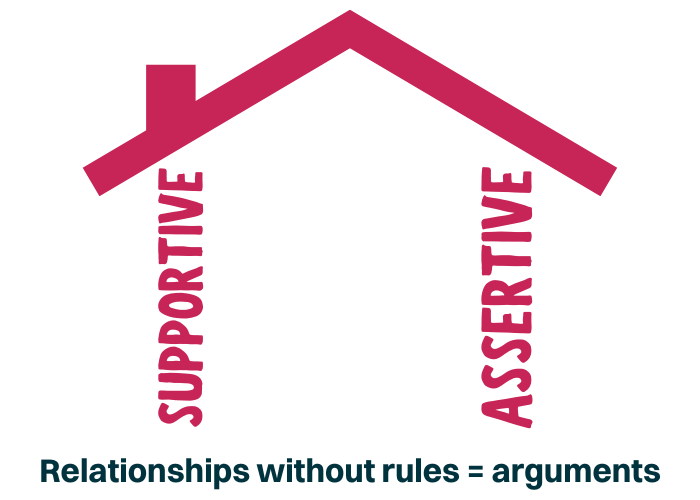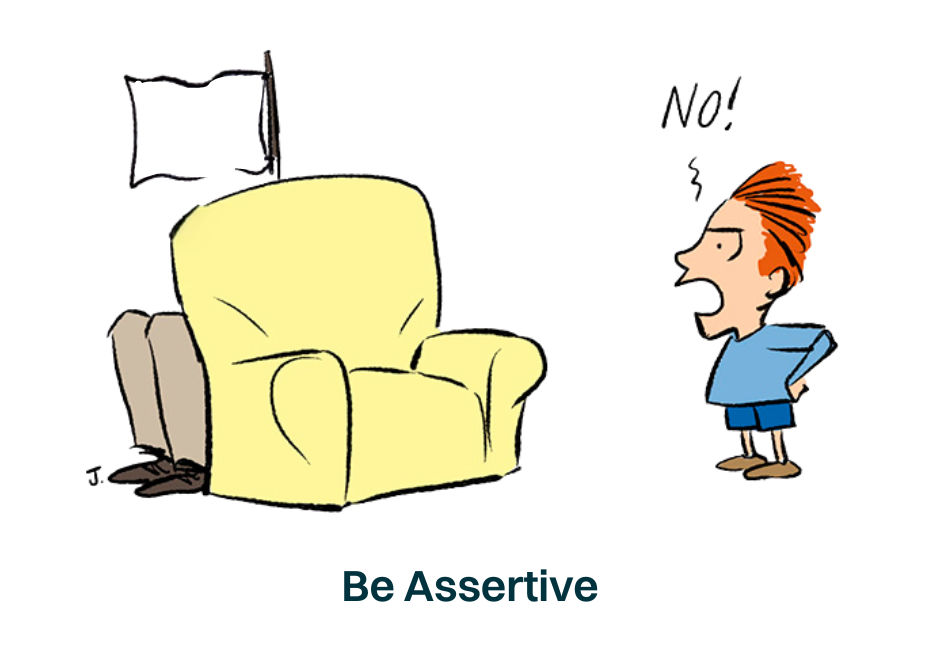The difficulty
Rob is frustrated by his son, Jack, who won’t get off his video-game, even though he has been told numerous times!
He has been playing for over an hour, and needs to have dinner. And as is often the case, Rob’s frustration turns to anger, then he ends up shouting at Jack. Inevitably Jack reacts crossly. After shouting at each other, Rob feels exasperated and gives up. Jack continues with his game, dinner turns cold, and the evening routine is ruined!
Why this is so common
Do you identify with this Dad? Have you pleaded with your child to get off their screens, only to give in, shout, argue or enforce extreme consequences? This has happened to the best of us! Screen time is now a part of many children’s lives.
It’s natural that at times they become engrossed in their game, show, or video and find it difficult to switch it off. Some children simply have a very hard time accepting when screen time is over. They may ignore your instructions and become upset or angry, when forced to tear themselves away.
This happens for a range of reasons...
Our top 5 tips to help your child transition away from the screen
1. Explain about your rules in advance
The rules need to be few, specific and clearly explained. Write them down, maybe using pictures, and display them somewhere prominent in the home.
Sometimes it helps for all family members to sign the screen agreement, including you! Specify duration, time of day, whether it’s different during the school week, weekends or school holidays. If screen time is in the afternoon, it is often best to schedule it after homework is completed. Usually transition runs smoother if there is another activity to go into, such as dinner time, 10 minutes play with you, or accompanying you to walk the dog.

2. Have clear consequences
Ensure everybody in the family knows what happens if the screen rules are not followed. Consequences should be set up in advance. And you all need to be consistent in applying them if the rules are broken. They should be as immediate as possible and last for no more than 24 hours. For example, you might…
❇️ turn off the Wi-Fi 30 minutes early
❇️ confiscate their device for the evening
❇️ cut their playing time by half next time
3. Check your child understands the rules before each time on a screen
Do they understand how long they can use the screen for, and what time they are due to switch it off? If necessary, ask your child to repeat the information back to you. It can help to use a prompt such as a timer to help your child keep track during screen time. Give your child enough lead-time before it is time to down tools, let them know when they have 10-mins left, 5-mins left etc.

4. How to get them off when time is up..
✅ Be clear and firm and tell your child it is time to switch their screen off
✅ Make sure you are in the room and have full eye contact (don’t shout out from another room or the doorway!)
✅ Speak in an authoritative parenting style - give your instruction in a low calm voice which is respectful
✅ Stay calm and stick to the point. Being assertive and not cross or overwhelmed, will help you be more effective! They will know you mean it. Getting angry doesn’t help and will breed resistance, resentment, and more push back
✅ Be at their eye level to make sure they have understood and use a little nudge such as a little rub on the shoulder. Or gaze or point in the direction of the screen.

5. What if they refuse?
Ask a second time and wait 5 seconds for your child to process the instruction. You are seeking their cooperation, so always start with a sympathetic tone and acknowledge their feelings.
“Jack, I know you love that game, and it’s hard to stop, but dinner is ready. It’s time to turn it off now.”
⬇️ ⬇️ ⬇️
If after 5 seconds they haven't responded, repeat the request again firmly for the final time. Remind them of the consequence by using the ‘If/Then’ approach. If necessary, you can count down from ten in a pleasant voice (give them 5-seconds to process the instruction before counting down). Stay calm and keep your body language neutral.
“Jack, IF you don’t turn off your video-game in 10-seconds, THEN I will turn it off myself and you will only have half the amount of video-game time tomorrow… 10…9…”
⬇️ ⬇️ ⬇️
If your child continues to play/watch the screen, follow through with the consequence. Turn the screen off and ensure they have half the amount of screen time the next day (or whatever consequence you issued).
However, if your child turns off their screen before you have finished counting down from ten to zero, then thank them and continue with whatever the next activity is. It’s important not to scold, nag or make a sarcastic comment at this moment. Even if you feel irritated and disrespected. Take a deep breath, thank them, and move on. If need be, have a conversation about this at a different time when you are both feeling calm. By doing this you are modeling to your child how to manage your emotions during a difficult situation.

The rest of this content is locked
To continue reading, login. Or you can become a member by signing up to our course.
Encouraging time off screens
Managing your child's big emotions
Family meetings







